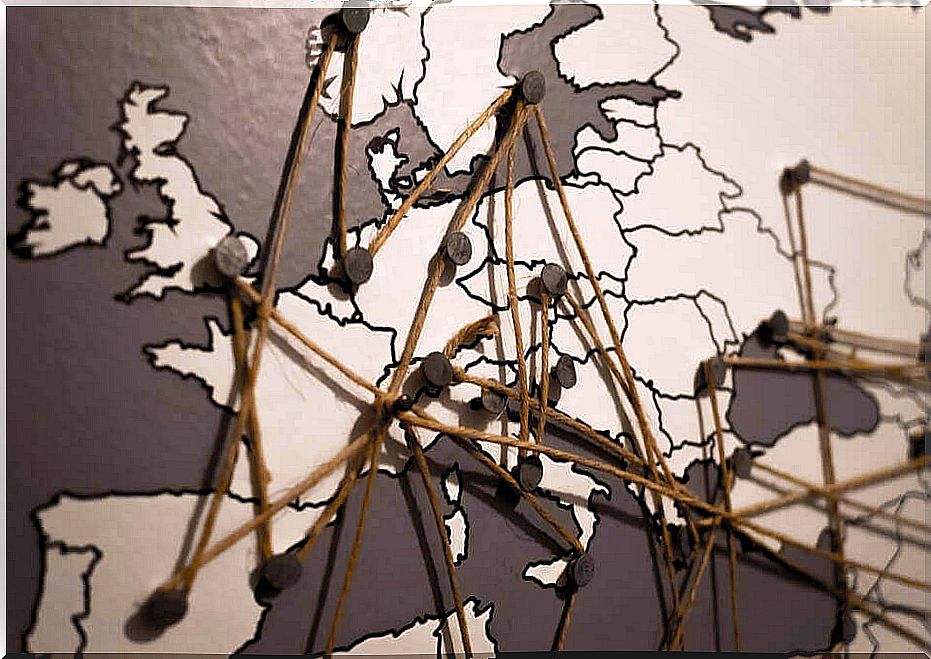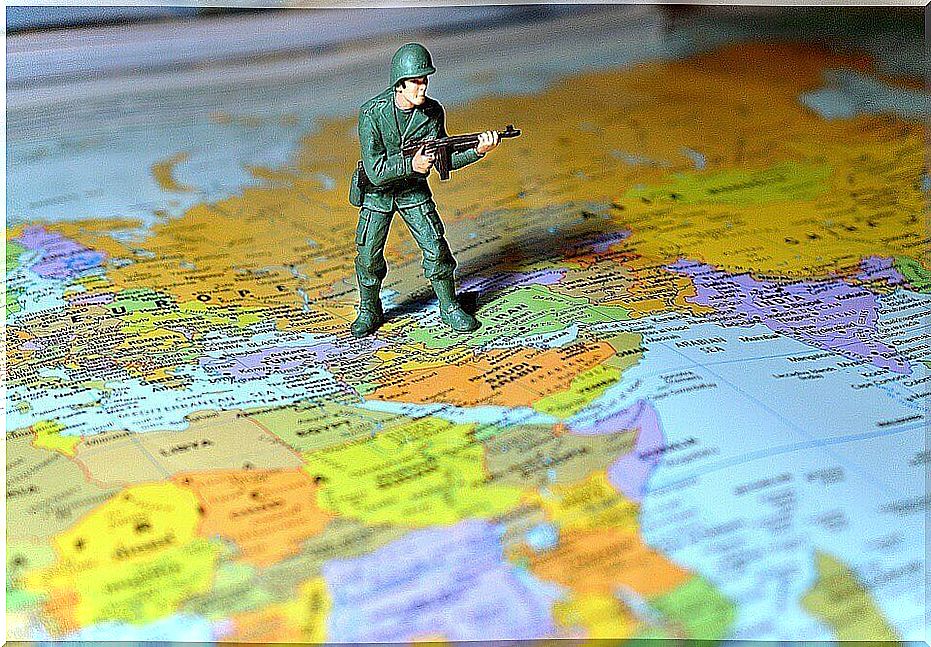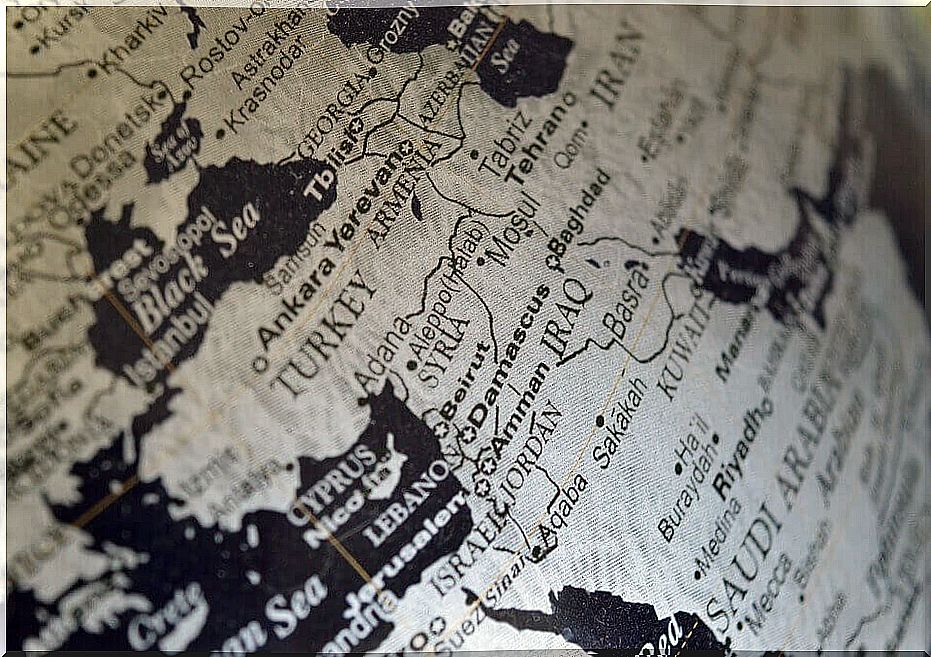Geopolitics: How The World Works

Bars have many functions. One of them is to make the world a better place. Coffee and beer are just excuses used to solve global problems. Many political alternatives, which always seem better to the real ones, are being issued in bars. However, if we want to refine our approaches and make proposals more suited to reality, we will have to do geopolitics .
Geopolitics is a science that deals with the study of the effects of geography, both human and physical, on international politics and international relations. It is a method of studying foreign policy intended to understand, explain and predict international political behavior through geographic variables. If you want to be the most admired in debates, or at least the most relevant to his ideas, keep reading on.
Geopolitics presents four imperatives. These imperatives will condition the political behavior of the various countries; indeed, any behavior of a country should conform to these imperatives. The first imperative is that all countries want to achieve and maintain an adequate level of power. Second, that the most important thing for any country is to maintain territorial unity. So countries will defend their borders. Finally, countries need reliable and lasting connections with other countries.

Achieve and maintain an adequate level of power
The main objective of any country is to survive, and its imperative is to achieve and maintain an adequate level of power. In this case, having power means having the ability to influence another country. It is a question of getting another country to do what we want, even if this action proves to be harmful for that country or that the latter does not wish to carry out it. While military might is what stands out most here, it is not, however, the only recourse that countries can rely on. There is also the soft power, consisting of culture, education, business, innovation, etc. This type of power can also be used to influence other countries.
Reaching power doesn’t mean being the most powerful country. This remains very far from the possibilities of most countries. Therefore, it is enough to be more powerful than the countries with which we compete to achieve an adequate level of power. Internal actions can be carried out to this end, such as increasing economic or military capacities, but it is also possible to strengthen alliances with other countries or to put an end to existing alliances with other countries.
Strategies for increasing power
Some of the strategies most often used to increase power would be:
- Counterbalance: This strategy consists of balancing power between several countries. In the case of the Middle East, it is attempted that the power of countries such as Saudi Arabia and Iran be similar. If these countries retain similar power, none will take control of the region and it will be easier to negotiate with them.
- Blackmail: When we have more power than another country or we have resources than the other wants, we can blackmail it. For example, threatening a country to go to war with it if business relationships that are more favorable to us are not established.
- Bleed: If a country is in a bad situation, it’s at war, and we don’t do anything, we let it bleed and lose power. So that our country will gain power.
- Pass the load on to another: let another take care of the problems. If the neighboring country has problems, we can always wait for another country to come to its aid.
- War: Going to war with another country can increase our power if we win the war. In particular our power over the country with which we are fighting. This strategy is nevertheless frowned upon and requires a significant investment.

Keep the power
By responding to the first imperative, others arise which help to achieve the first. So that the countries seek to maintain their territorial unity. No country will want internal revolts. The latter would only damage their image vis-à-vis other countries and weaken their power. A clear example of this is experienced in Spain with the case of Catalonia. Separatist movements are a threat to the survival of countries.
Countries must protect their borders to survive. Borders between countries can be a threat when the neighboring country is an enemy. The borders between Spain and Morocco, located in the cities of Ceuta and Melilla, have been the scene of several conflicts. Spain’s goal is to maintain good relations with Morocco. The opposite could pose a threat since Morocco could leave the border open to thousands of people.
Finally, given the increase in power, another imperative is to ensure external connections. Maintaining business relationships is necessary for the survival of all countries. Store the goods that are lacking and sell the goods the country needs to improve the economy. Good business relationships can increase the power of a country. The behavior of countries and their international relations can be interpreted on the basis of these four imperatives. If we also take into account geography, the graphic representation of the territory and the borders between countries, then we speak of geopolitics.









